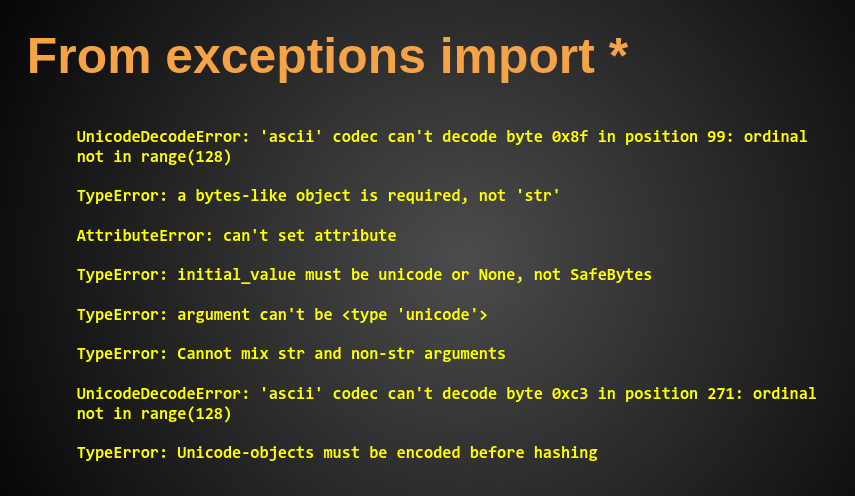What if the codebase is a mess?
I was recently asked: “What if you start a new job and their codebase is a mess?”
We’ve all been there. Here are some of the tactics I’ve used.
I was recently asked: “What if you start a new job and their codebase is a mess?”
We’ve all been there. Here are some of the tactics I’ve used.

I enjoy writing tests because I love what they give me.
I can remember projects with zero test coverage (early in my career, I didn’t even know that was a problem) where implementing and shipping large changes was anxiety-provoking — both during the work, and after deployment. That awful feeling of holding your breath waiting for bugs to manifest.

I can be kind of a stickler about leveraging the ticket/issue tracker in software projects (which always seems to be Jira these days, but nevermind that). I write tickets carefully; I link to related issues; I add comments to note the status of work in progress, or to record info that’s important to the work to be done.
I’ve been a full-time remote worker since 2010.
The COVID-19 pandemic has brought big changes to things involving face-to-face contact – like going to an office for work. Since this sea change has gotten more engineers (and employers) to think about remote work, I thought I’d share some tips on how to find and keep remote gigs.
This was written with junior-level engineers in mind, and is more about full-time employment than freelancing. Hopefully it has useful bits for others as well.

TLDR: Use python-future.